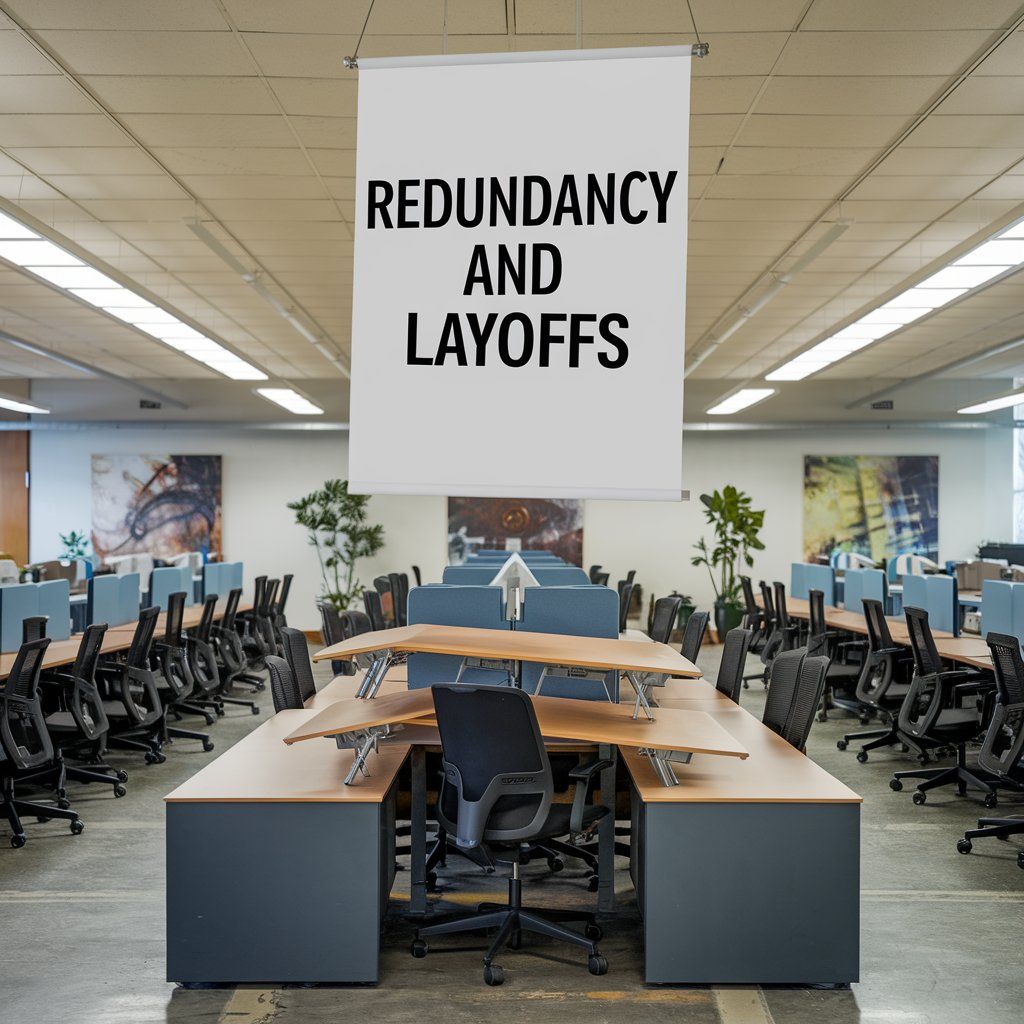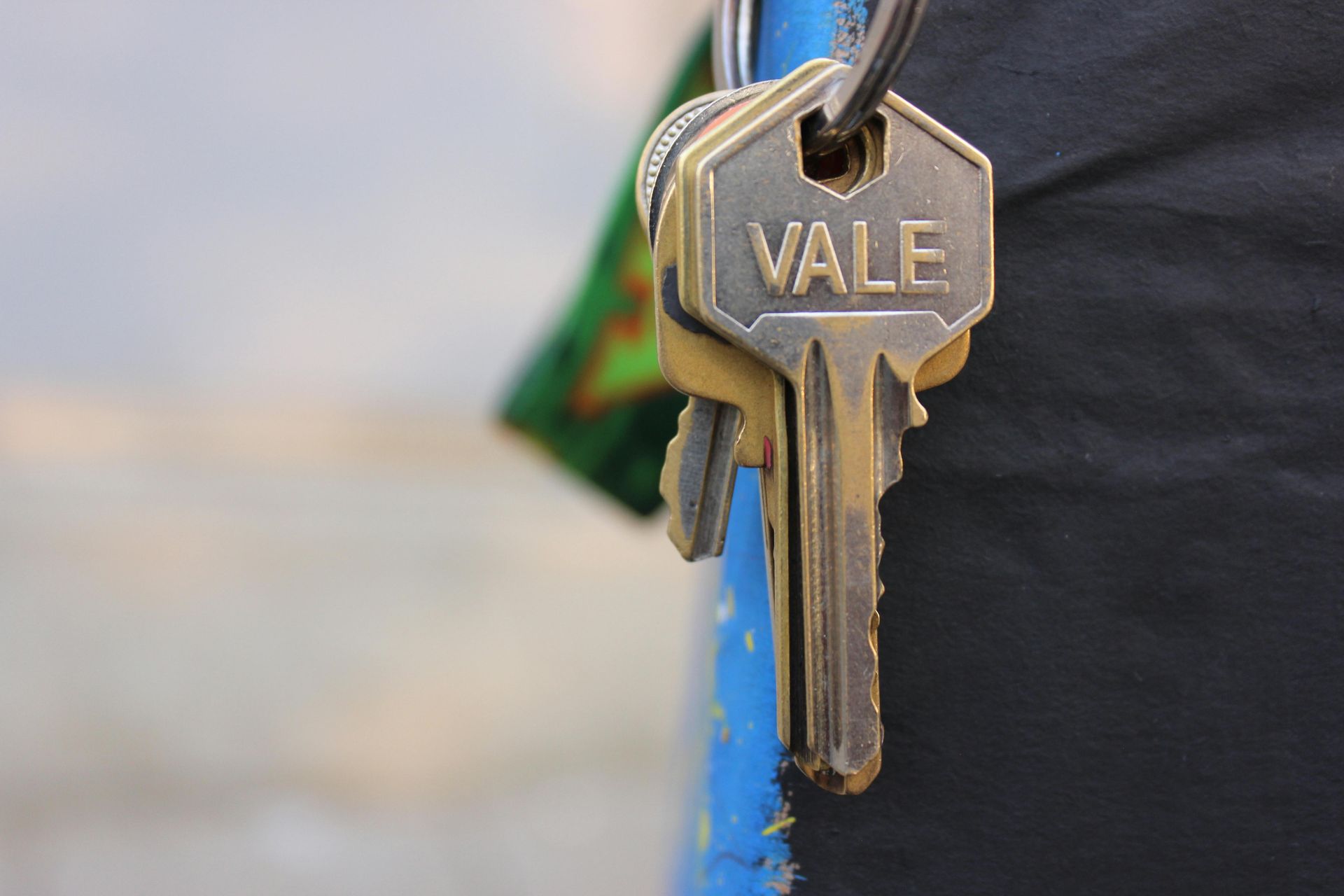Everything you need know about Lasting Power of Attorney
Everything you need to know about Lasting Power of Attorney
Leaving a Will ensures your affairs and wishes are taken care of when you have passed away but what happens if you are unable to manage your own financial affairs and welfare during your lifetime?
What is a Lasting Power of Attorney?
A Lasting Power of Attorney (LPA) is a legal document that enables people that you have appointed and trust to make decisions about your financial affairs and/or your health and welfare if you lose mental capacity (the ability to make your own decisions). It can be drawn up and registered at any time providing you have the mental capacity to be clear about your instructions.
Do I really need one?
As the risk of mental incapacity grows due to illness, accidents or simply old age, it is good to know that you can choose who would look after your interests and make decisions on your behalf. An LPA could be a central part of the decision making process for many years if a younger person loses mental capacity. There is a common misconception that your next of kin, spouse or partner will be able to legally make decisions for you but this is not actually the case. Acting now will help you and your loved ones to avoid difficult situations in the future and will ensure that you keep control, even when you can no longer manage your own affairs.
Who should I appoint to act on my behalf?
You can choose as many people as you want to act as your attorneys or you can choose just one person that you trust (it doesn’t have to be a family member). You can also choose replacement attorneys ‘just in case’. You can give instructions and guidance on how you would want them to make decisions and you can make sure that certain decisions are agreed jointly by your appointed attorneys.
Benefits of having an LPA?
· Take the burden off your relatives by having an LPA in place rather than waiting for court intervention
· Your attorney will be someone you trust and have personally chosen
· They are legally binding and enforceable
· They are recognised by financial and medical institutions
· If you have a business it will make sure there is minimal disruption
Can I save myself the fee and draw up my own LPA?
All LPAs need to be registered with the Office of the Public Guardian (OPG) and you can buy an ‘off the shelf’ kit with guidance notes on how to complete the form or apply direct to the OPG using their online application facility. However, the guidance and forms are complex and you run the risk of actually paying more in the long run if your LPA is rejected and has to be resubmitted due to mistakes on the form. In the worst case scenario, your LPA may not adequately express your wishes and preferences and may be rejected by financial institutions and medical professionals if it is not legally robust. The DIY route also leaves individuals more at risk of financial abuse and fraud if they do not have the full capacity to understand what they are signing or are coerced into signing the document. Often, problems with DIY LPAs are not discovered until it is too late for them to be rectified.
If you do decide to go down the DIY route, you will need to have a Certificate Provider i.e. someone who can make judgments about your capacity. There are restrictions on who can sign the certificate but having it done by a Solicitor makes sure the process is followed correctly, provides an independent check that you understand the document and the consequences of signing it and can help to reduce the risk of future challenges to the LPA document.
What happens if I lose mental capacity without an LPA?
Your family, friend or representative (but not someone of your choice) would need to apply to the Court of Protection (COP) for a Deputyship Order to obtain permission to manage your financial affairs. It is also possible to apply to the COP for a Deputyship Order to make decisions about your health and welfare but the success of such an application will be very dependent on the circumstances at the time. The COP can award the Deputyship Order to anyone, even someone who you may not believe has your best interests at heart. The process can be long, difficult and is significantly more costly than an LPA. There is also a risk that the length of time it takes for the application to be approved may result in your own wishes being ignored.
How can we help?
If you instruct us to draw up an LPA for you, we will talk to you about all of your options and choices and, in most cases, will act as your Certificate Provider as part of our fee. This will make sure that the resulting document is legally sound, properly registered, makes clear your wishes and preferences and that safeguards are in place to reduce the risk of financial abuse and fraud. Our expert team are just a click away to answer any of your questions.
Contact Us




